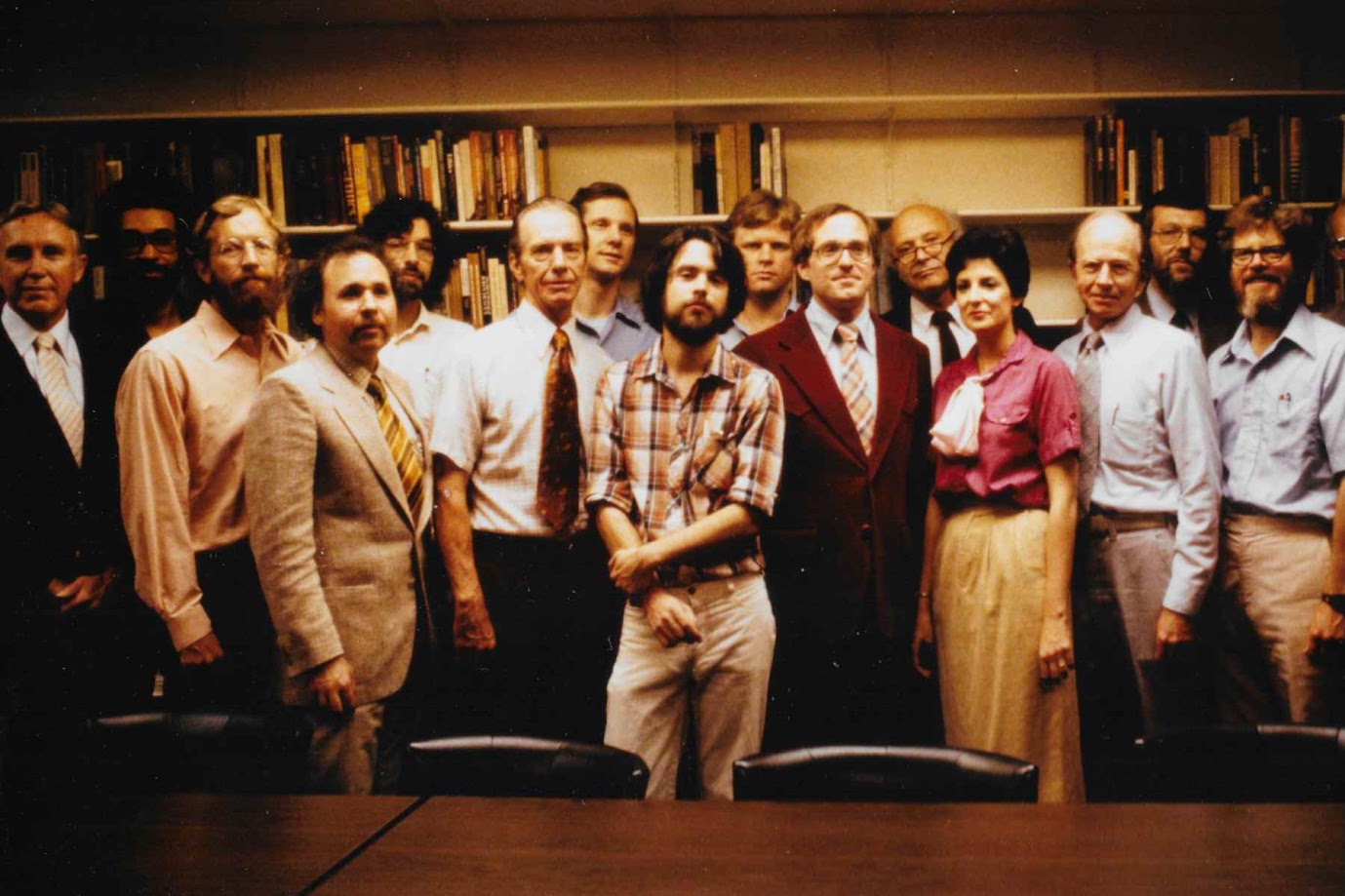Philosophy Faculty Win Teaching Awards

Three members of the philosophy faculty won NC State teaching awards in Spring 2020.
William Bauer
 William Bauer, teaching assistant professor of philosophy, received the Outstanding Lecturer Award from the College of Humanities and Social Sciences.
William Bauer, teaching assistant professor of philosophy, received the Outstanding Lecturer Award from the College of Humanities and Social Sciences.
Bauer currently teaches classroom sections of Introduction to Philosophy and online sections of Thinking Logically and Biomedical Ethics. He has also taught Introduction to Research Ethics and has supervised numerous special projects of students from the University Honors Program taking his courses.
“In my courses,” Bauer says, “I aim to deepen students’ understanding of philosophy and develop their logical skills. First, I want my students to walk away from my classes with a lifelong appreciation for philosophy. I believe that developing their philosophical ideas and questions about the world enriches their experience and makes them more capable citizens. Second, I want my students to improve their ability to analyze, evaluate, and construct philosophical theories and arguments. If I do my job well, they will not only understand philosophical ideas better, but they will have the logical and critical thinking skills to fruitfully engage in debates about virtually every other subject.”
Bauer’s students say that he is “extremely approachable and understanding,” “very enthusiastic” and “really straightforward and clear”; that his classes are “fun and interesting”; and that he “encourages questions,” “leads good discussions” and “works hard to make sure that every student understands the material.”
Stephen Puryear
 Stephen Puryear, associate professor of philosophy, won a university Outstanding Teacher Award and at the same time became a member of the NC State Academy of Outstanding Teachers. Nine members of the twenty permanent faculty in philosophy and religious studies now belong to this academy.
Stephen Puryear, associate professor of philosophy, won a university Outstanding Teacher Award and at the same time became a member of the NC State Academy of Outstanding Teachers. Nine members of the twenty permanent faculty in philosophy and religious studies now belong to this academy.
Puryear teaches Introduction to Philosophy, Ancient Philosophy, Early Modern Philosophy and History of Ethics. He has also supervised numerous individual student writing projects in Research and Writing in History of Philosophy, for which Ancient Philosophy and Early Modern Philosophy serve as corequisites.
“By guiding my students into a dialogue with the greatest and most influential philosophers in history,” Puryear says, “I aim to help them develop their critical thinking skills in a variety of ways. By studying the views and arguments of great thinkers, especially those from distant time periods…, students learn to question familiar assumptions … and biases that might otherwise avoid notice and scrutiny. They also learn to view familiar aspects of the world in new and different ways, broadening their conceptual horizons and inspiring them to think more creatively for themselves.”
Puryear’s students say that he is “excellent at answering students’ questions,” “very good at engaging in dialogue,” “receptive to students” and “incredibly open-minded and patient”; that he “explains difficult concepts and arguments well” and “thinks over student comments and how he would respond before saying anything”; and that his classes are “very well organized” and “interesting, thought-provoking and fun.”
Gary Comstock
 Gary Comstock, professor of philosophy, was awarded the title of Alumni Association Distinguished Undergraduate Professor. Only members of the NC State Academy of Outstanding Teachers can be nominated for this distinction. Comstock has been a member of the Academy since 2015.
Gary Comstock, professor of philosophy, was awarded the title of Alumni Association Distinguished Undergraduate Professor. Only members of the NC State Academy of Outstanding Teachers can be nominated for this distinction. Comstock has been a member of the Academy since 2015.
Every semester, Comstock teaches an interdisciplinary seminar for the University Honors Program and a one-credit course on research ethics for graduate students across the university. He also teaches a course on biomedical ethics each spring. In his honors seminar, On the Human, students actively explore human singularity, drawing on philosophy, biology and psychology to tackle questions such as: What is human nature? How do we differ, if at all, from other animals and machines? What are the ethical implications of these differences?
Comstock has several objectives in his undergraduate courses: “I aim to help students sharpen their abilities to identify, interpret, and analyze arguments. I aim to help them understand how the methods and results of disciplines as varied as neuroanatomy and evolutionary psychology bear on the resolution of difficult, practical, questions in ethics. And I aim to motivate them to understand that scientific evidence and logical reasoning are vital in assigning degrees of plausibility to arguments they encounter in everyday situations.”
Comstock’s students say he is “kind [and] respectful,” “well organized,” “very effective and enthusiastic,” “great at explaining concepts” and “very good at making the class think”; and that he “wants you to learn,” “explains material well,” “did a great job of engaging the class in discussions” and “brought an infectious enthusiasm … to the classroom environment.”


